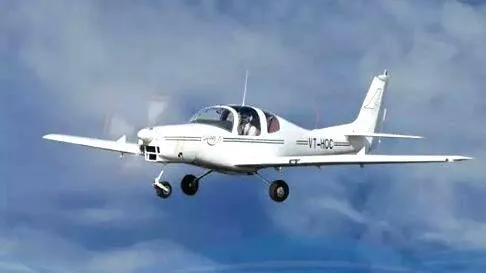

THIRUVANANTHAPURAM: India is set to develop an indigenous electric aircraft for pilot training. The electric aircraft, named ‘E-Hansa’ (Electric Hansa), is being designed and developed by CSIR–National Aerospace Laboratories (NAL) in Bengaluru. The E-Hansa is part of the Hansa-3 (NG) aircraft series, which was also developed indigenously for pilot training purposes.
In its initial phase, the E-Hansa will feature a two-seat configuration. The project is being led by the Ministry of Science and Technology. The manufacturing cost is estimated at Rs 2 crore, which is half the price of similar imported aircraft. The initiative is expected to bolster the Atmanirbhar Bharat (Self-Reliant India) Mission. The aircraft could also be used for marine surveillance and national security, in addition to promoting green energy in aviation. At present, pilot training in India is typically conducted using aircraft like the Cessna 152 from the United States.
15 years, 30,000 pilots needed
The E-Hansa will be used for private and commercial pilot license training. Over the next 15 years, India will require around 30,000 pilots. However, many of the aircraft currently used by the country’s flying training organisations are old and inefficient. With the introduction of the E-Hansa, training can be conducted at a lower cost, making aviation more accessible and attracting more candidates to the sector. The project is also expected to create opportunities for startups and MSMEs.
Features of E-Hansa
The Hansa Series